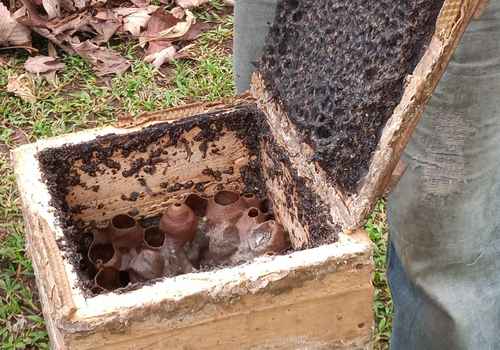
Native bees play a vital role in ecology, with over 600 species worldwide and 46 in Mexico alone. These insects are essential for pollination, which is crucial for the growth of crops and the survival of many plant species. However, native bees are at risk due to various factors, including pesticides and the introduction of Africanized bee species.
To address this issue, researchers conducted a study on Mexican scaptotrigona and pectoralis species found in Teocelo, Veracruz. They examined the digestive tracts of these bees to identify beneficial microorganisms that could protect them from diseases. Two key microorganisms, Weissella sp and Fructobacillus sp, were discovered and found to have potential benefits for humans as well.
These bacteria possess anti-inflammatory and anti-aging properties that could help combat diseases like cancer and neurodegenerative disorders. Moreover, they may also contribute to the conservation of native bee populations by combating pesticides like glyphosate. As native bees are critical for maintaining ecological balance, finding ways to preserve their populations could have positive impacts on forests, agricultural fields, and human populations alike.
Further research is underway to explore the potential uses of these bacteria in medicine and agriculture. For example, they could potentially be used in probiotics or supplements to improve gut health or promote weight loss.
The decline in native bee populations is concerning not only for their own survival but also for the environment they help maintain. By studying and utilizing the beneficial properties of bacteria from native bees, researchers hope to find solutions that can help protect these important pollinators while promoting environmental sustainability.
In an interview about this project Characterization of lactic bacteria isolated from the gastrointestinal tract of native bees specialist Guiomar Melgar Lalanne emphasized the importance of native bee species in pollinating cloud forests and tropical ecosystems in Veracruz. She highlighted how these insects are crucial for maintaining biodiversity and supporting local communities that rely on them for honey production.
Overall, this study highlights the potential benefits of studying bacteria from native bees not only for their own health but also for human health and environmental sustainability. With further research into their unique properties, we may discover new ways to harness their power to combat diseases like cancer or even climate change.





